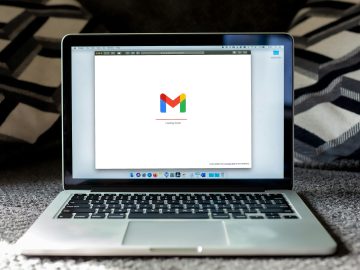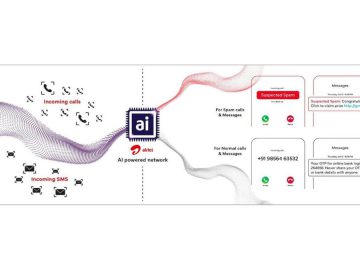Patient portal scams
MyChart is a secure, reliable tool for communicating with your health care team. Unfortunately, it has become more common for scammers to send phony messages that may seem like they are from MyChart or another patient portal. These emails may sometimes have imitation branding, logos or color schemes that make it appear they are from a trusted organization like MultiCare.
What to do: Read the communication carefully — don’t skim it. If it seems suspicious, trust your instincts. Look for misspellings, branding that seems familiar but slightly off in some way, or unfamiliar email addresses. All legitimate MyChart emails use the same email address: [email protected].
You can call MyChart customer support at 844-388-2356 to verify the legitimacy of a message. You can also log into MyChart via the MyChart app to access a message, pay a bill, view test results and more.
How MultiCare will communicate with you
MultiCare may use several methods to communicate with you, including sending MyChart messages, emails and texts (for those who have opted in).
Most MultiCare text messages now come from numbers known as short codes, abbreviated numbers used just for text messaging. Visit our text messaging FAQ on multicare.org to learn more or enroll. Short codes will launch for patients in the Yakima region June 1.
Here’s what to know about MultiCare communications:
- MultiCare staff may ask you for personal information for billing or payment purposes, but we would not demand this information, and you have the right to decline.
- We may contact you to confirm an appointment, complete registration tasks before an appointment or fill out a patient satisfaction survey following a visit.
- We will contact you to offer payment resolution options or financial assistance, but we will not make demands or threats.
- We may send overdue accounts to a collection agency that may contact you to obtain payment. Our collection agencies follow all regulatory requirements.
If you are suspicious about a call or a message, contact the facility directly where you have received care or will receive care to find out if they actually need the information that was requested. For questions about billing or collections, call 800-919-1936.
Tips for protecting yourself against scams and fraud
Review your explanation of benefits (EOBs). Your insurance company will send you an EOB every time you receive a health care service for which a claim was submitted. Review EOBs to ensure you recognize the name of the provider and that you did receive the service described. While errors are not always a scam or fraud, they do sometimes happen. If you notice something inaccurate, call your insurance company.
Beware of free or discounted health-care related services. If someone contacts you offering services, equipment or testing kits — such as genetic testing kits — that are free or discounted, do not accept them without checking with your provider first. Always confirm that your provider has ordered an item or service for you.
Beware of drugs or health care therapies found on the internet or social media. If you’re curious about a product you see advertised online, ask your provider before ordering it. Even if it’s not a scam designed to steal your personal information, some of these products may pose health risks or provide no benefit at all.
Check your medical records at least twice a year. If you notice an error, contact your doctor immediately. You can use MyChart to access your medical records or request copies.
Call your insurance company if you lose your insurance card. Ask for both a new ID number and a new card.
Be cautious about email links and attachments. Be wary of emails that invite you to click links or attachments, particularly if they’re from an unknown sender or if you’re not expecting the message. Visit Lifewire.com for tips about how to check a link’s credibility without actually clicking on it.
Take steps to protect your personal information. Shred unwanted documents or expired cards that contain banking, tax or medical information, or personal identifiers like Social Security numbers or old addresses. Also be mindful of discussing confidential information on the phone in public settings.
Editor’s note: This article includes highlights from NorthShore University Health System, United Health Care and Consumer Reports.





